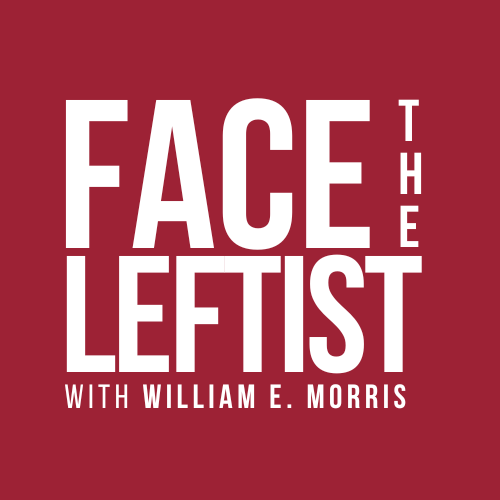I. Introduction:
Access to healthcare is a fundamental right, and the Progressive Presidential Project 2025 recognizes the imperative need for comprehensive reform. Our policy paper outlines the vision of a nation where every citizen enjoys healthcare security through a single-payer Medicare for All system. This transformative initiative seeks to provide affordable, high-quality healthcare to all Americans, fostering a healthier and more equitable society.
II. Background:
The healthcare landscape in the United States is marred by inefficiencies, astronomical costs, and vast disparities in access. Millions of Americans remain uninsured or underinsured, while the complexity of the current system perpetuates administrative inefficiencies, bureaucratic red tape, and exorbitant drug prices. The Medicare for All proposal endeavors to address these issues and ensure that healthcare is a universal right, not a privilege.
III. Key Features of Medicare for All:
A. Universal Coverage:
- Medicare for All guarantees healthcare coverage for every American, irrespective of age, income, or employment status. This system will eliminate the concept of uninsurance, ensuring that everyone has access to healthcare services when needed.
B. Single-Payer System:
- A single-payer system will replace the current fragmented and costly private insurance model. This streamlined approach will simplify administration, reduce overhead costs, and promote efficiency.
C. Comprehensive Benefits:
- Under Medicare for All, comprehensive healthcare benefits will include medical, dental, vision, mental health, and prescription drug coverage. This holistic approach ensures that Americans receive the care they need across all facets of their health.
D. Cost Containment:
- Medicare for All will control healthcare costs by negotiating drug prices, reducing administrative expenses, and eliminating the profit-driven motives of private insurance companies. This will alleviate the financial burden on individuals and the government.
E. Quality Improvement:
- A focus on preventive care, early intervention, and evidence-based treatments will enhance the quality of care provided under Medicare for All. Physicians and healthcare providers will be compensated fairly, incentivizing quality care over quantity.
F. Patient Choice:
- Patients will have the freedom to choose their healthcare providers, ensuring continuity of care and preserving the doctor-patient relationship. This system will not restrict choice but rather expand it.
IV. Funding and Implementation:
A. Progressive Taxation:
- Funding for Medicare for All will be achieved through a progressive taxation system that ensures those with higher incomes contribute their fair share. This will alleviate the financial burden on low- and middle-income families.
B. Phased Transition:
- Implementation will be phased in over a period of time to ensure a smooth transition. Existing private insurance contracts will be honored, and individuals will gradually transition to the Medicare for All system.
V. Conclusion:
Medicare for All represents the embodiment of our commitment to healthcare justice. This progressive initiative envisions a future where healthcare is accessible, affordable, and equitable for all Americans. It transcends the current fractured system, addressing the root causes of our healthcare crisis, and promoting a healthier, more prosperous, and inclusive society.
In subsequent policy papers, we shall delve into additional aspects of the Progressive Presidential Project 2025, offering comprehensive insights into our vision for a better America. Medicare for All stands as a cornerstone of our commitment to progress, healthcare security, and the well-being of all our citizens.

